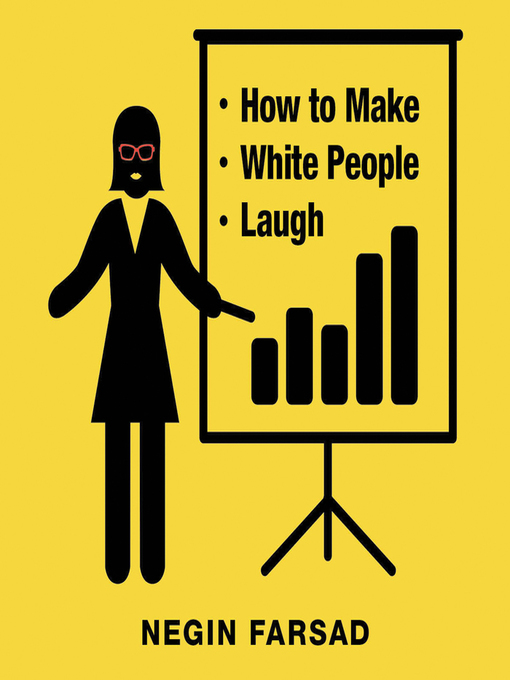- New eBook Additions
- New Teen Additions
- New Kids Additions
- Most Popular
- Mystery & Thriller
- Literature
- Romance
- Historical Fiction
- Sci-Fi
- See all ebooks collections
- Read by the Author
- New Audiobook Additions
- New Teen Additions
- New Kids Additions
- Mystery
- Thrillers
- Literature
- Romance
- Sci-Fi
- Business
- History
- Self-Improvement
- Biography
- See all audiobooks collections
- Home & Garden
- Cooking & Food
- Health & Fitness
- Fashion
- News & Politics
- Crafts & Hobbies
- Celebrity
- Tech & Gaming
- Cars & Motorcycles
- Family & Parenting
- Sports
- Travel & Outdoor
- Photography
- See all magazines collections




